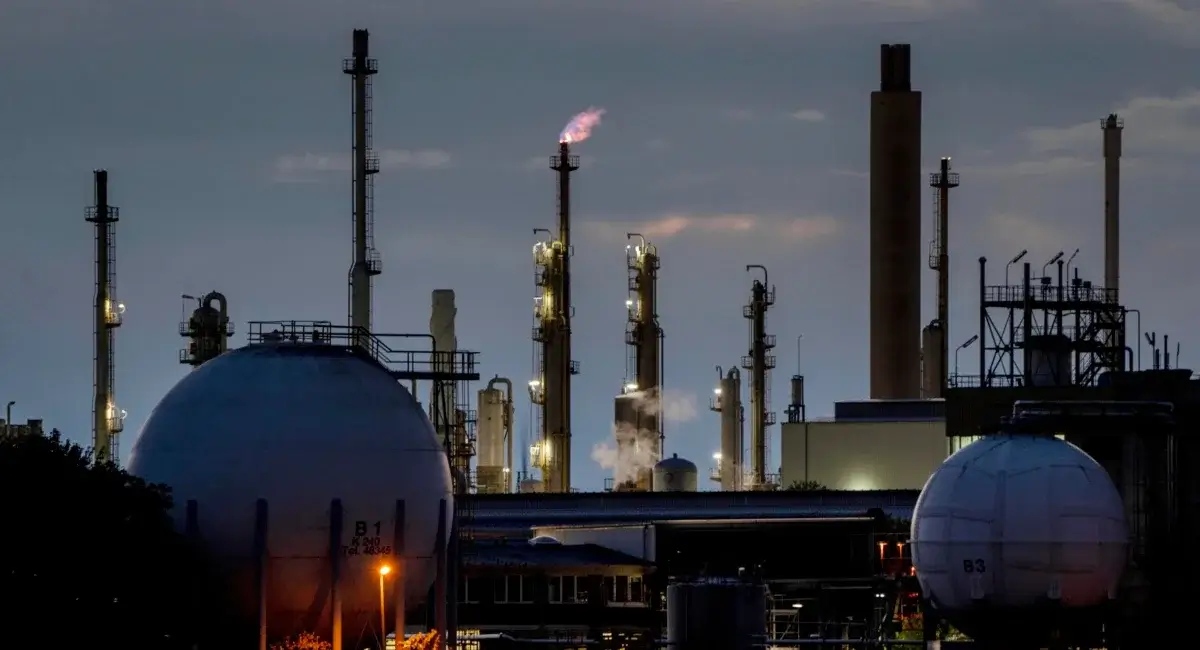
Imagine you’re at home cooking dinner for your family. It’s been a long day. You’re cooking spaghetti (again) because your plans to run to the grocery store were gutted when you realized your electric car still hasn’t been charged. It’s been almost two days since you were allowed to plug it in under a temporary government order throttling energy consumption to ease the stress on the states’ electric infrastructure. I miss my Nissan, you think. That hybrid got me almost 40 miles to the gallon. Alas, you reminisce about the days you could even buy gasoline or a car that ran on it.
Your backup dinner is almost ready as you call your kids down from their rooms where they were doing homework. You were appalled by the syllabus you caught a glimpse of during meet-the-teacher night—it’s chock-full of ideas that make your kids feel like either a victim or an oppressor. You expressed your concerns with the local school board, but their hands were tied—state orders, they said.
Your spouse comes out of their home office, eyes glazed over from looking at a screen. This was a particularly stressful day for them, with the wear-and-tear of not seeing colleagues taking its toll. You smile at each other while the kids set the dinner table. Suddenly, everyone’s phones start to vibrate violently, creating a chaotic cacophony of klaxon-like alert sounds.
You fear it might be an inclement weather warning—a fire? An earthquake? Or perhaps an Amber Alert? You each pull out your phones, some to just turn it off, but you take a look at the screen:

I should have known better. The scowl on your face creates an almost audible snide. This is the fifth time in the last two weeks you’ve gotten these alerts. They seem to be getting more and more frequent. It never used to be this bad. Why don’t we have enough energy?
Such is the scenario many in California are facing, not in the not-so-distant future, but now. And such is the question many are asking this very day. Why don’t we have enough energy?
While a host of nasal-sounding bureaucrats, foreign policy hacks, and mainstream media try to obfuscate or overly complicate the scenario, the answer is as simple as it is obvious. America doesn’t have enough energy because politicians are making it illegal to produce affordable and reliable energy.
That news alert above isn’t from the future, but from my sister who lives in California. The knuckleheads in Sacramento, led by Gavin Newsom, declared that by 2035 no gasoline-fueled cars will be legally sold in the state. Less than a week later they declared an emergency in the power grid, specifically asking folks not to charge their electric cars. The hysteria of environmental extremists has accomplished a long-sought agenda item of progressives hell-bent on killing anything Not Green™.
What so many politicians forget is that while an electric car doesn’t run on gas, the electricity must be generated somehow. Go figure that when you try to shift away from sources with higher energy capacities—like nuclear, natural gas, or *gasp* coal—toward sources that are heavily dependent upon weather (wind) or massive geographic footprints (solar), you get more expensive and more unreliable energy.
The only reason my sister didn’t experience a blackout the other night is the bureaucrats at the energy office begged citizens to not use electricity during what essentially is peak family time at home. Californians complied this week, but what about next week, or the week after?
And why should we be content to comply when we live in an incredibly energy-rich country? We’ve already proven we can be energy independent, with all the national security that that implies. Our politicians are choosing to make our country inhospitable to our people and our industry. Why run a factory (that provides thousands of jobs) in America where the energy may, or may not, be consistently available?
As long as politicians insist that American producers are not allowed to supply the nation with energy—wherever it comes from—the likelihood of blackouts increases. It is a silly day when an advanced society built on cheap electricity snubs its nose at such greatness.
After this mental rant, you go to turn off the lamps and light some candles around the house. Black smoke fills the dining and living rooms over the course of a few hours. Your son coughs, pulling his inhaler out to deal with the smoggy environment inside your home as you watch the newest show on Netflix. You would open the windows to ventilate, but you’re also running the air conditioner, and a local ordinance imposes a high fine for “inefficient use of temperature-controlling devices.” You could turn the A/C off to open the windows, but with temperatures nearing 100 degrees, you don’t dare.
You sigh as you begin to wash the dishes. (You’d put them in the dishwasher, but that takes electricity. Besides, water has been so mis-mismanaged by state bureaucrats that the legislature had to impose water-use caps on individual households, to the point you’re literally counting the cups of water you use to clean a fork or a pot.) Maybe they’ll bring back the nuclear plant that used to be here. That’s clean, right? Or maybe it was too dangerous?
But before you are even able to look up the answers to those questions on your phone, now nearing a dead battery since you forgot to charge it last night, your daughter asks for help on her homework when she asks, “Am I a racist?”
A long day indeed.
